Defying persecution and the disapproval of his family, Father Moses Idris remained loyal to his newfound faith
Amid the religious tensions and upheavals between Christians and Muslims in Nigeria, a Muslim convert, who like the biblical Moses was fetched through the waters of baptism, has finally become a minister of baptism.
The conversion of Idris Mustapha, who was christened Moses, is one that warms the heart and will be talked about for a long time in a country where citizens are divided along religious and ethnic faultlines.
Idris comes from a polygamous family in Mararraba in Taraba state in northeast Nigeria. He used to hawk bread to help make ends meet.
On one fateful day, “I went to sell bread to children in Sunday school … I made good sales,” he said. Because “the church became a business center for me … I continued going there because I fell in love with Catholic worship, especially the liturgical hymns, and so I later became a catechumen at the age of 14.”
That was in December 2004. Without delay, he joined various pious societies like the Catholic Charismatic Prayer Group, Altar Boys Association and the Legion of Mary and its choir.
The convert confessed to receiving threats to his life and newfound faith from his family and neighbors. It was at this teenage age that God used his parish priest at the time, Father Kieran Danfulani, currently on a mission in the Republic of Ireland, to come to his rescue like the biblical Simon of Cyrene or, better still, Veronica.
His detachment from his hometown and enrollment into Sacred Heart Minor Seminary in Jalingo, which was facilitated by Father Danfulani, would eventually become the light that would strike him like St. Paul on his way to Damascus.
The young Idris endured the discipline and rigors of training in the seminary. He graduated in 2012. With the tutelage and help of the then rector, Father Mark Nzukwen, now rector of St. Augustine’s Major Seminary in Jos, he applied to be become a Catholic priest under Jalingo Diocese. After successful training at Bishop Timothy Cotter Memorial Seminary in Adamawa state, he moved to the prestigious St. Augustine’s Major Seminary, where he studied philosophy and theology from 2012-16 and 2017-21.
Idris had his pastoral year experience at Bishop Patrick Sheehan Memorial College in Wukari from 2016-17. As providence would have it, he was ordained a deacon on July 18, 2021, by Bishop Charles Hammawa of Jalingo.
However, his faith was cast in concrete on Feb. 25, 2022, when Bishop Hammawa ordained him a priest alongside five others at Our Lady Queen of Peace Cathedral in Jalingo in a moving ceremony attended by a mammoth crowd including Muslims.
“The ordination was attended by the Muslim parents of Father Idris who initially objected to his becoming a Christian and more so a Catholic priest,” said Father John Jerome Laikei, the communications director of Jalingo Diocese.
The visible joy on the faces of his parents, siblings and adherents of his former religion echo the lyrics of the hymn Great things happen when God mixes with men. In a video produced by the new priests’ friends, narrator Mark Ogbonna explained that Idris’ ordination “is an unforgettable landmark in the collective history of Nigerian Christianity.” Interviewee Dare Emmanuel noted that Idris’ conversion story shows how “God transforms earthen vessels for his utmost glory.”
Idris joins the likes of Bishop Anthony Saliu Sanusi (1911-2009) and Bishop Albert Ayinde Fasina (1939-2021), both of Ijebu-Ode Diocese, who despite being born into deeply Muslim families rose through the ranks to embrace the priesthood and eventually become shepherds of God’s flock. But Idris’ conversion came at a heavy price, namely persecution.
“Christian persecution is real in Nigeria, though it comes in different forms. For instance, I lost all my friends and family because of my decision to become a Christian,” he said.
“Any time I went to church, I was always beaten. I remember a night when I was going to the Church for Charismatic Fellowship. Three of my nephews forcefully assaulted me, brought me back home and locked me up in a room. I escaped through the window and ran to the parish house. My parents came to fetch me. My parish priest took care of me for some days.”
Another time, a neighbor who was a lawyer asked Idris’ parents for permission to take him to a juvenile prison. His father turned down the offer.
“There were times when my mum would refuse to give me food. She would beat me up. At one time, she cut the Christian medal on my neck. But that spurred me all the more,” he said.
When his father threw Idris out of the house in 2005, his sponsor during baptism, Anthony Ishaya, took him in. He schooled the youngster in Catholic charismatic renewal and paid his bills while he was at Alpha Academy before going to the minor seminary. After him, another Good Samaritan, Madaki Francis, gave him a place to stay in Jalingo. “I remain eternally grateful to these great men and their families,” he said.
Idris recommended that Nigerians ‘put aside their religious sentiments which breed fanaticism’ and seek ‘the common good of every human being’
Despite his problems, Idris admires some aspects of Islam including “their communal life based on the Islamic ummah which makes them show love to one other, their dedication to prayer, which for some is merely mechanical, and seriousness with matters of religion.”
In a country where Bishop Thomas Broderick ordained Father Paul Obodoechine Emechete in Asaba as the first priest for the Vicariate of Western Africa in January 1920, Father Idris’ ordination, which has added to the thousands of diocesan priests in Nigeria, is further testimony that the country is “the spiritual lungs of Africa,” to paraphrase the words of Pope Benedict XVI.
Indeed, the conversion story of Father Moses Idris teaches us how the simple gesture of allowing a Muslim boy to sell bread to catechumens in a church compound has become an example of how to improve interfaith relations.
When asked how Christian-Muslim relations in Nigeria can be strengthened, Idris recommended that Nigerians “put aside their religious sentiments which breed fanaticism” and seek “the common good of every human being.”
In a country where religion and ethnicity outweigh character and true nationalism, climbing Father Idris’ shoulders will help us recruit others for meaningful dialogue, national development and global peace.
* Father Justine Dyikuk is a lecturer in mass communication at the University of Jos in Nigeria, editor of a Caritas newspaper and convener of the Media Team Network Initiative (MTNI) in Nigeria. Email: [email protected].


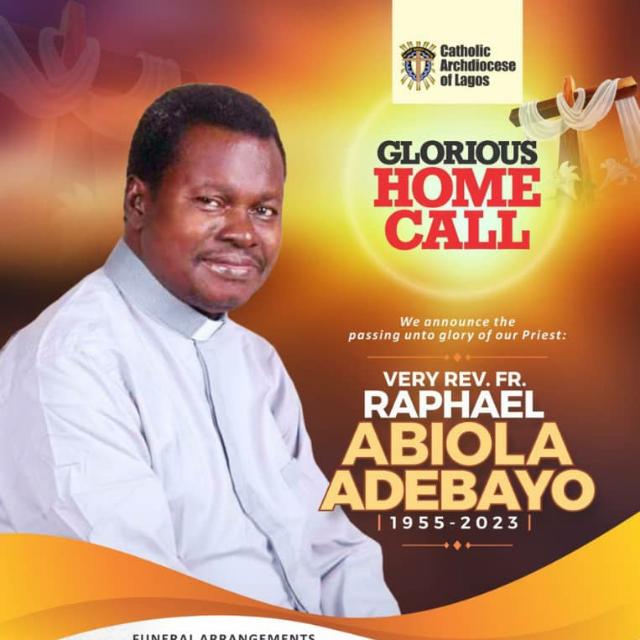


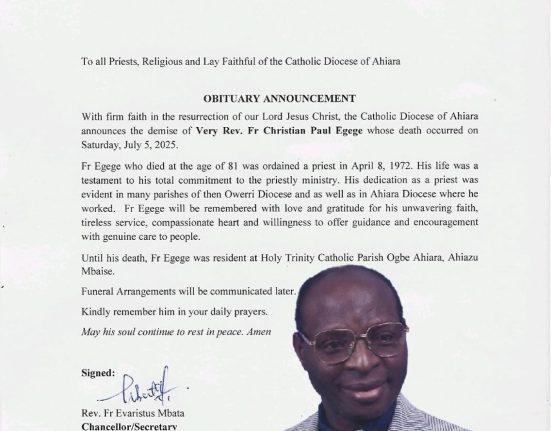
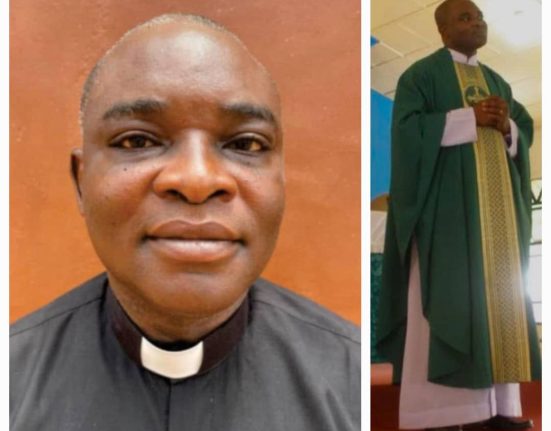

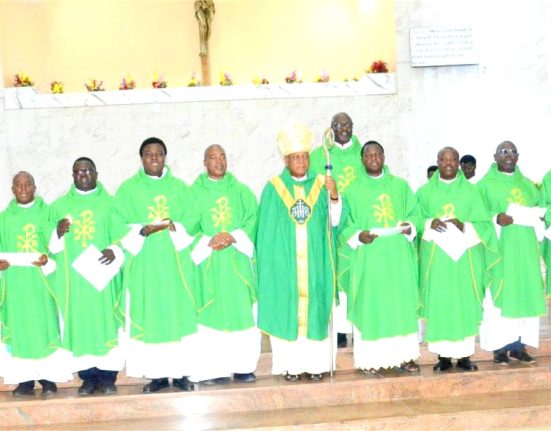
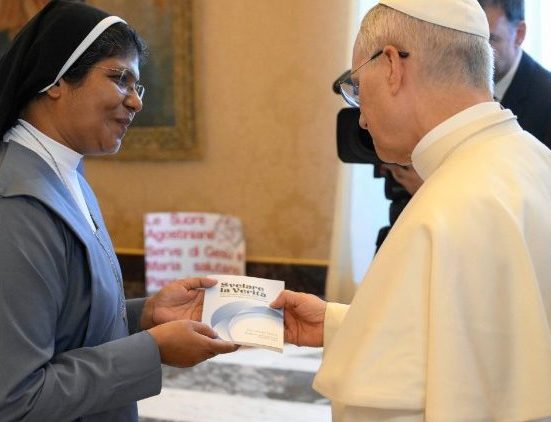
Leave feedback about this